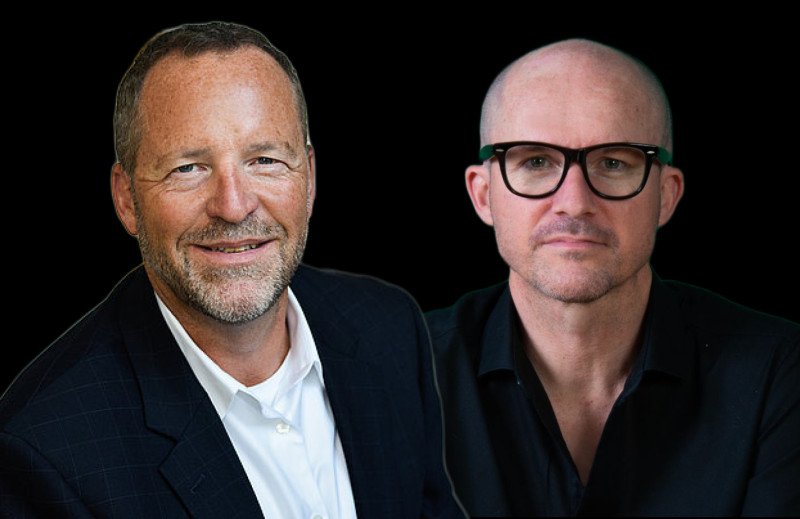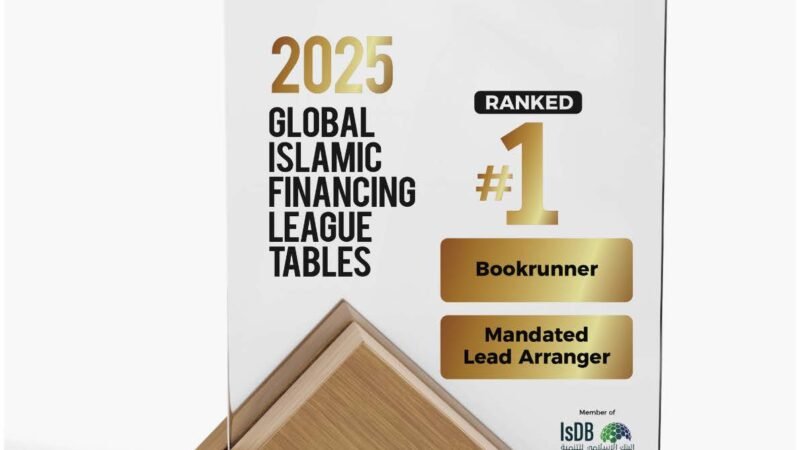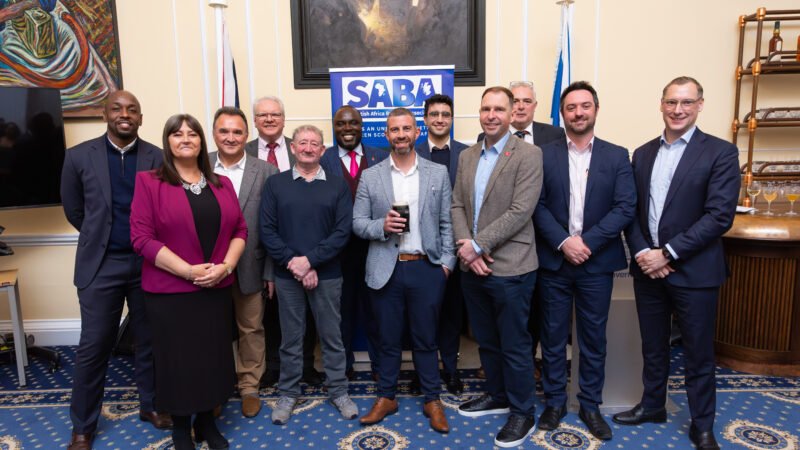Why trust matters for Africa and how leaders can build it

Trust is fundamental to human connection, resilient organizations, and sustainable performance. That was the clear message from Dr. Jim Harter, Gallup’s chief scientist, in a new episode of Closing Distance with Dominic Wilhelm, executive director of The Global Trust Project.
Drawing on Gallup’s research across more than 160 countries and 70 million employees—including sobering data from sub-Saharan Africa—Harter revealed how authentic leadership and simple habits can transform stress, disengagement, and loneliness into resilience, higher performance, and thriving workplaces.
The state of trust in Africa
Gallup has surveyed more than 70 million employees worldwide. Its findings are unequivocal: trust underpins engagement, well-being, and profitability. Organizations that get trust right not only outperform financially but remain resilient through crises.
The African picture is sobering. According to Gallup’s State of the Global Workplace 2024 report, nearly half of employees in sub-Saharan Africa (48%) experienced significant stress the previous day, compared with a global average of 41%. More than one in four (28%) reported loneliness, higher than the global average of 22%. Only 17% of workers in the region said they were thriving, compared with 33% globally.
“These indicators are not simply statistics: they are signals of trust, or its absence, in workplaces across the continent,” Harter said. “When leadership is authentic and close to people, the results are striking. Employees are engaged, productive, and resilient, even in crises.”
Building trust through leadership
Harter’s practical prescription for rebuilding trust is simple: one meaningful conversation each week between a manager and every team member. For Wilhelm, it connects directly with The Global Trust Project’s Trust Equity Index (TEi), which measures integrity, benevolence, capability, and inclination alongside key impact factors. The TEi provides African leaders with a structured way to operationalize trustworthiness—turning insight into action.
“Trust isn’t something you build directly,” Wilhelm said. “It emerges when integrity, benevolence, and capability are present and lived. Trustworthiness can be operationalized. Trust itself is felt.”
The episode also explored definitions of trust. Harter described it at a basic level as reliability—“can I count on this person?”—and at a deeper level as the confidence to be one’s true self and be accepted. Wilhelm added: “Trust is the willingness to be vulnerable based on expected behaviors.” Both agreed that expected behaviors center on integrity, benevolence, and capability.
Gallup’s research also highlights the importance of proximity. Trust is highest with colleagues and local managers and weakest with distant leaders. Managers account for 70% of the variance in team engagement, acting as the bridge between leadership vision and employee reality.
Harter argued for humanizing leadership language, noting that Gallup refers to managers as “go-tos”—people employees can turn to for support, goal-setting, and advice—rather than bosses.
The urgency of this message is particularly acute in Africa, where trust intersects with major priorities. High trust in institutions can accelerate economic growth, strengthen governance, and boost cross-border business cooperation such as the African Continental Free Trade Area. In workplaces, rebuilding trust is essential for engaging Africa’s young, fast-growing workforce—the largest youth population in the world.
While global trust in institutions has been sliding, evidence in Africa shows that organizations with strong leadership can buck the trend, proving that trust, once restored, becomes a renewable source of resilience and prosperity. Informal economies across Africa already run on trust; formal organizations can build on these traditions and African values of dialogue and relational leadership to create workplaces where people thrive.
70 Million Conversations Later: Dr. Jim Harter on Closing Distance is available now on the Closing Distance podcast.



